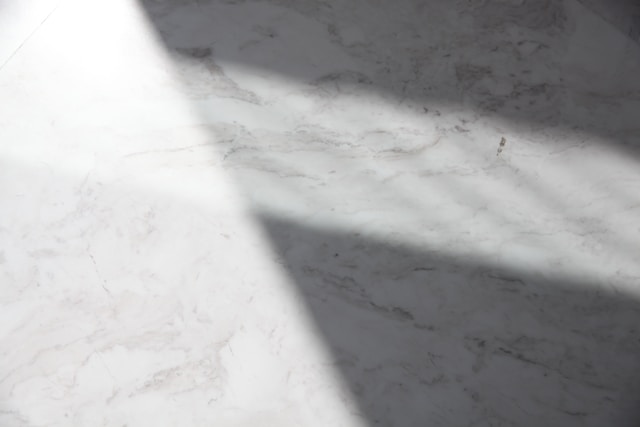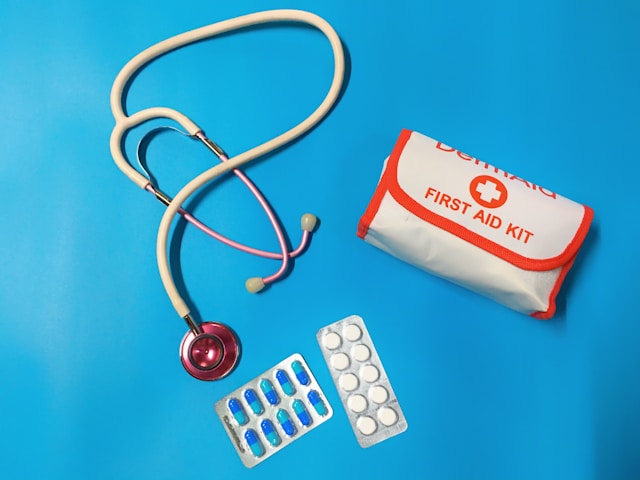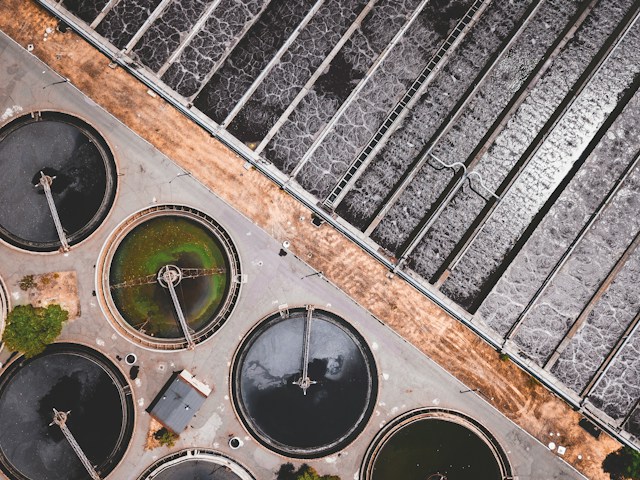Most common and name-brand household cleaners are acidic and, if used on granite, can erode the surface over time. Avoid cleaners in this category and use only those made explicitly for the material.
Regularly, your countertops will need to be resealed. To check if granite needs resealing, splash water on the counter and observe if it beads or sinks in.
Clean Daily
Granite is more porous than marble and tends to resist stains better, but you can still skip regular cleaning. Wipe countertops with warm water and mild dish soap daily as a preventative measure. Avoid acidic cleaners, as these can erode granite’s sealant.
Before cleaning your quality granite Pittsburgh, remove all utensils and decorative items from the counters. This allows you to access the entire surface area easily and helps keep your countertop pristine.
Once you’ve finished wiping down the counters, dry them to avoid water spots and streaking. To do this, use a rag or microfiber cloth. Alternatively, opt for a granite cleaner to clean and protect the stone. These cleaners often come in a spray bottle and require little to no rinsing, making them an easy choice for busy homeowners. To avoid etching, follow the manufacturer’s directions and rinse well after every use.
Wipe Up Spills
Granite is tough, long-wearing, and beautiful, but it can still stain from food and drink spills, cooking oils, and other messes. It is essential to wipe up these stains promptly with a cloth or sponge dampened with soapy water. Wiping away liquids quickly prevents them from settling in, making removing stains hard.
If stains occur, avoid acidic cleaners and use only mild dish soap or natural stone cleaner. Using harsh chemicals on granite can damage its delicate surface.
Make a baking soda paste for oil stains, scrub the area with a soft brush, and rinse thoroughly. For water-based stains, mix hydrogen peroxide with water in a spray bottle and apply. Allow the solution to sit, and then scrub the area and rinse. Repeat as necessary until the stain is gone. If the solution does not remove the stain, try a remedy such as bleach or isopropyl alcohol. Always test any cleaning treatment in an inconspicuous area first.
Remove Stains
Soap residue can build up and cause stains on granite countertops. A bit of elbow grease and some trusted homemade remedies can often get rid of these stains. Always test any home treatment in an inconspicuous spot before applying it to your counters. And remember to reseal your counters after each cleaning to provide additional protection from future staining.
Water stains from food spills or hard water can leave unsightly marks on your granite countertop. If these stains are addressed immediately, they may disappear altogether.
You can attempt a few at-home remedies if you have oil stains on your countertops, which can be more challenging to remove. For instance, mix baking soda with water to make a paste and scrub the spot. Acetone can also work well for oil stains. But you need to be careful with acetone since it can damage the color of your granite counters. If the stains persist, consider using a poultice.
Reseal
Spills should always be cleaned up as soon as they occur. This will stop stains from developing.
Use cleaners that are designed for granite. This will keep the sealants from being eroded and worn down over time. Also, avoid using any household cleaning products with acidic ingredients.
It is also a good idea to reseal your countertops periodically. This will help to protect them from stains and make cleaning them more accessible. However, it is essential to test your granite first to see if it needs to be resealed. To do this, pour water onto your counters and see how quickly it absorbs. If it absorbs within a few minutes, your granite countertops must be resealed.




